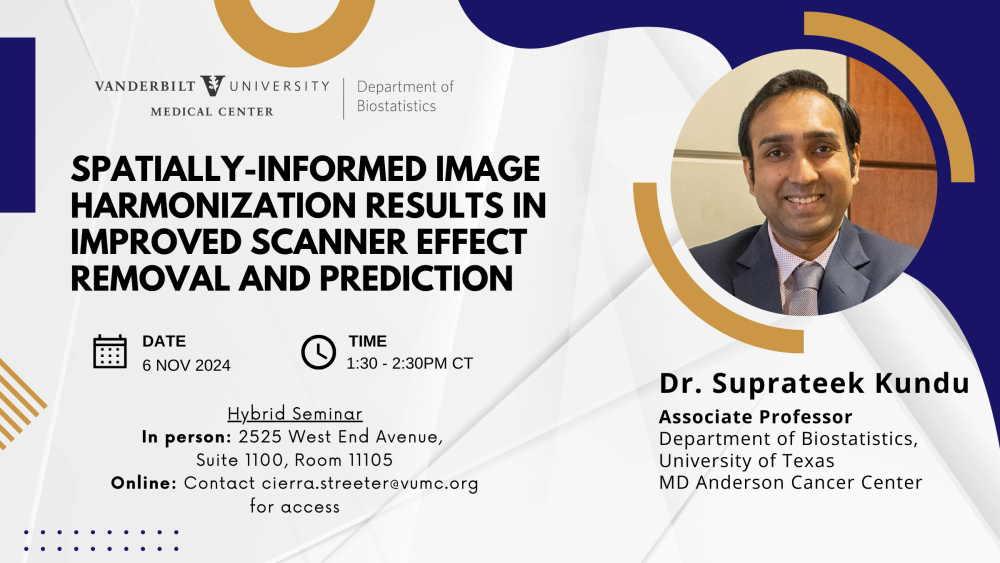
Abstract
We propose a novel data harmonization approach known as Tensor-ComBat (TC) for structural neuroimaging data. Tensor-ComBat is a novel spatially aware harmonization method that aims to estimate and remove unwanted technical variation between voxel-level images from different study sites or scanners. Tensor-ComBat uses a Bayesian tensor response regression (BTRR) model to estimate spatially distributed scanner effects via a low-rank PARAFAC decomposition on the model coefficients, and subsequently removes these scanner effects via a post-hoc ComBat harmonization step. Unlike the classical ComBat method that treats the ROIs or Voxels in the image as interchangeable, the Tensor-ComBat approach incorporates the information about the spatial configurations of imaging voxels when estimating the model parameters, resulting in an improved harmonization pipeline. The proposed Tensor-ComBat method is fit using a Markov chain Monte Carlo (MCMC) that is not only able to produce point estimates, but also able to quantify uncertainty associated with these estimates. Due to the fully Bayesian implementation of Tensor-ComBat, it is able to perform inference related to significant spatially distributed scanner effects and/or biological effects that is not straightforward under existing methods. The method is applied to over 2,100 T1w-MRI scans and ADNI-1 that illustrates greater scanner effect removal, improved biological prediction, and superior reproducibility compared to state-of-the-art approaches such as ComBat.
Sign up to meet with Dr. Kundu before the presentation here.
Suprateek Kundu, PhD, is an associate professor in the Department of Biostatistics, Division of Basic Science Research, at the University of Texas MD Anderson Cancer Center.